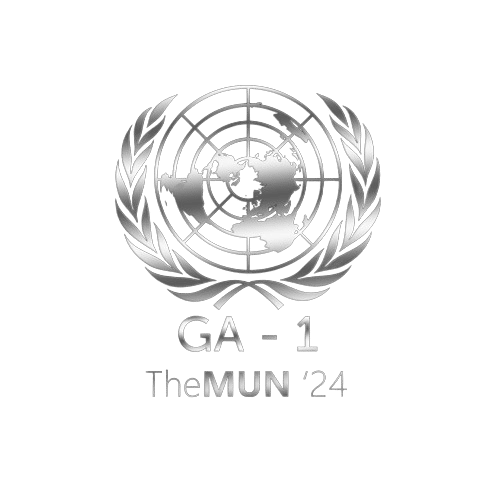
The General Assembly First Committee, also known as the Disarmament and International Security Committee (DISEC), is one of the six main committees of the United Nations General Assembly.The first session of the assembly convened on January 10th, 1946, in London with the representation of 51 countries. It focuses on disarmament, global challenges, and threats to peace that affect the international community, seeking solutions for international security. The committee addresses issues related to arms control, disarmament, and international security policies, promoting dialogue and cooperation among member states to enhance global peace and stability.
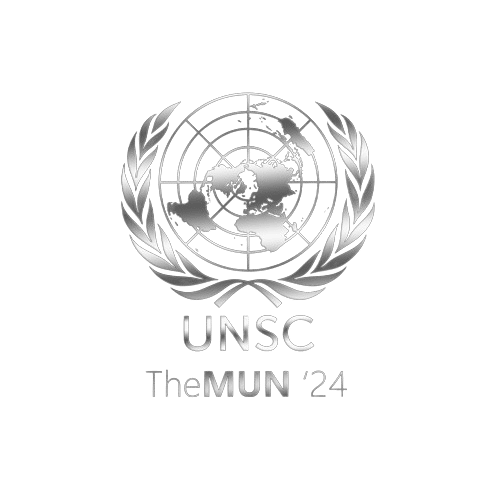
The United Nations Security Council (UNSC) is one of the six principal organs of the United Nations (UN).UNSC was established on 24 th of October 1945 . UNSC is charged with ensuring international peace and security, accepting new members to the United Nations, approving any changes to its charter and electing judges for International Court of Justice. Its powers include establishing peacekeeping operations, enacting international sanctions, and authorizing military action. The Security Council consists of fifteen members, with five permanent members such as China, France, Russian Federation, United Kingdom, and The United States of America. UNSC contains another ten non-permanent members elected for two-year terms.
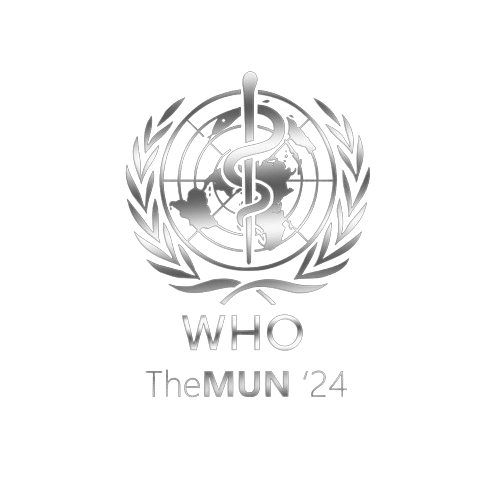
The World Health Organization (WHO) is a specialized agency of the United Nations responsible for international public health. It was established on April 7,1948.It is headquartered in Geneva, Switzerland. The WHO's primary role is to direct and coordinate international health within the United Nations system. It provides leadership on global health matters, shapes the health research agenda, sets norms and standards, provides technical support to countries, and monitors health trends. The WHO is also responsible for declaring global health emergencies and coordinating responses to health crises.
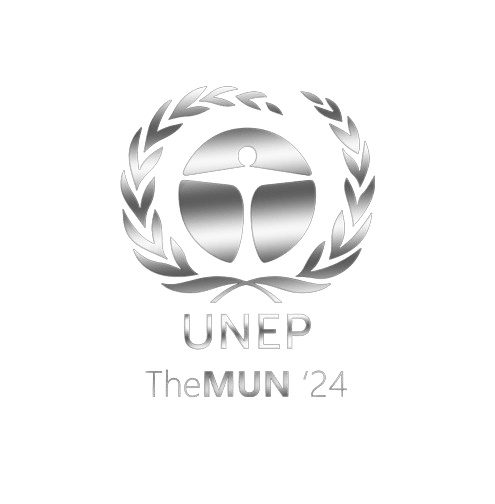
The United Nations Environment Programme (UNEP) is the leading global environmental authority that sets the global environmental agenda, promotes the implementation of the environmental dimension of sustainable development within the United Nations system, and serves as an authoritative advocate for the global environment. UNEP was established on 5th of June, 1972 and is headquartered in Nairobi, Kenya. It works to provide leadership and encourage partnership in caring for the environment by inspiring, informing, and enabling nations and peoples to improve their quality of life without compromising that of future generations. UNEP focuses on areas such as climate change, disasters and conflicts, ecosystem management, environmental governance, chemicals and waste, and resource efficiency.
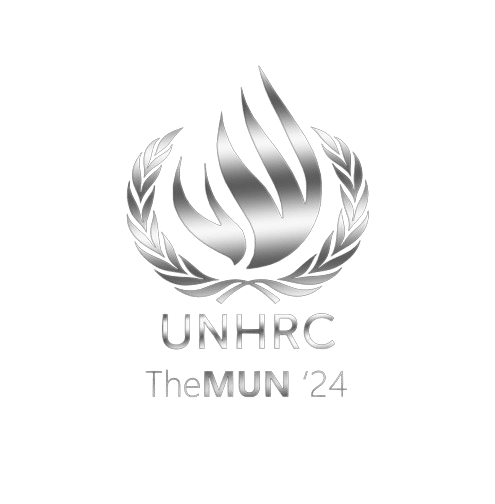
The United Nations Human Rights Council (UNHRC) is a United Nations body responsible for promoting and protecting human rights around the world. It was established on 15th of March 2006 .The UNHRC is composed of 47 member states, which are elected by the UN General Assembly. It meets in regular sessions throughout the year in Geneva, Switzerland, to discuss and address human rights issues globally. The council conducts reviews of the human rights records of UN member states through a mechanism called the Universal Periodic Review (UPR) and also addresses specific human rights situations through resolutions and inquiries.
UNHRC focuses on a wide range of human rights issues, including civil, political, economic, social, and cultural rights. It aims to promote universal respect for the protection of all human rights and fundamental freedoms for all, without distinction of any kind.
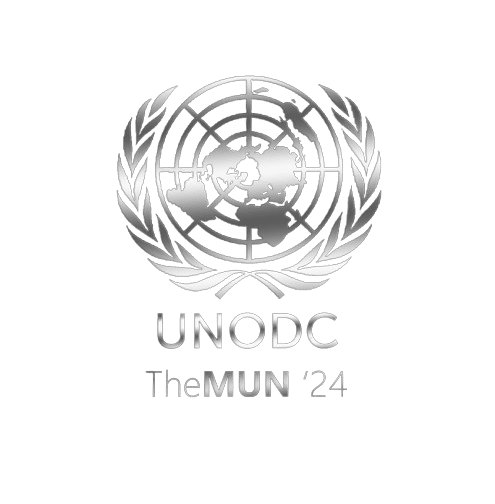
The United Nations Office on Drugs and Crime (UNODC) is a global organization that aims to combat illicit drugs, organized crime, corruption, and terrorism. It was established in 1997.
UNODC works with governments and international partners to strengthen the capacity of countries to counter the threats posed by drugs, crime, and terrorism. It provides technical assistance, research, and training to help countries develop effective policies and strategies. UNODC also promotes international cooperation and the implementation of international conventions and protocols related to drugs, crime, corruption, and terrorism.
Overall, UNODC plays a crucial role in supporting countries to address these challenges and build safer and more secure societies.
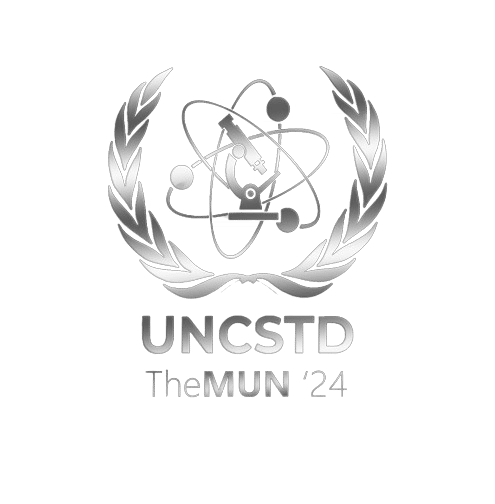
The United Nations Commission on Science and Technology for Development (CSTD) is a subsidiary body of the UN Economic and Social Council (ECOSOC). Established in 1992, the CSTD serves as a forum for discussing science, technology, and innovation (STI) issues and their role in advancing sustainable development. The CSTD provides policy recommendations and guidance to ECOSOC on STI-related matters, with a focus on bridging the digital divide, promoting technology transfer, and enhancing the capacity of developing countries to harness the benefits of STI for development. The Commission meets annually in Geneva, Switzerland, bringing together government officials, experts, and stakeholders from around the world to exchange views and best practices on leveraging STI for sustainable development.
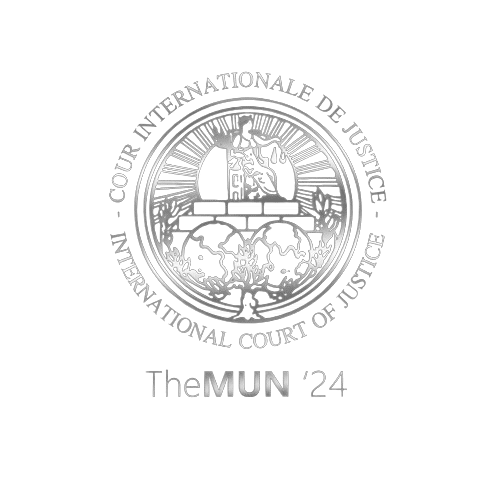
The International Court of Justice (ICJ) is the principal judicial organ of the United Nations (UN), established in 1945 to settle legal disputes between states and give advisory opinions on legal questions referred to it by authorized UN organs and specialized agencies. It is located in The Hague, Netherlands, and consists of 15 judges elected for nine-year terms by the UN General Assembly and the Security Council. The ICJ's decisions are binding and only applicable to the parties in the specific case, but they carry significant weight in international law and jurisprudence.

Sri Lanka National Council ( SLNC ) is a hypothetical council which emphasize on the national development of Sri Lanaka. In this council, the delegates will represent each district of Sri Lanka at the conference. SLNC seeks innovative ideas that encourage the national development. The objective of this council is building up the future leaders with innovative ideas that helps for the national development.
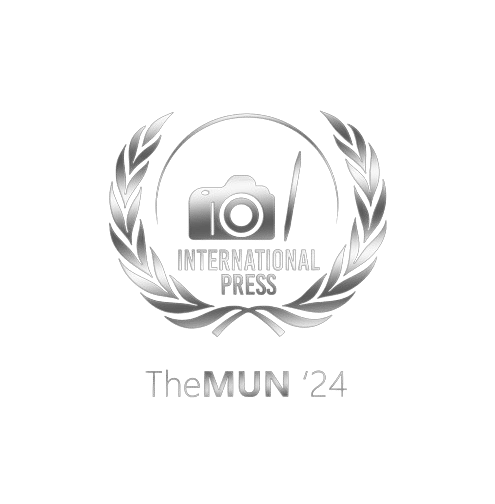
The International Press Corps is a collective of journalists from various media organizations around the world. These reporters cover global events, international politics, economic developments, cultural stories, and crises from diverse perspectives. They play a crucial role in delivering timely, accurate, and comprehensive news to audiences worldwide, fostering informed public opinion and contributing to global discourse. The Press Corps operates across different mediums, including print, broadcast, and digital platforms, ensuring widespread dissemination of important information.



